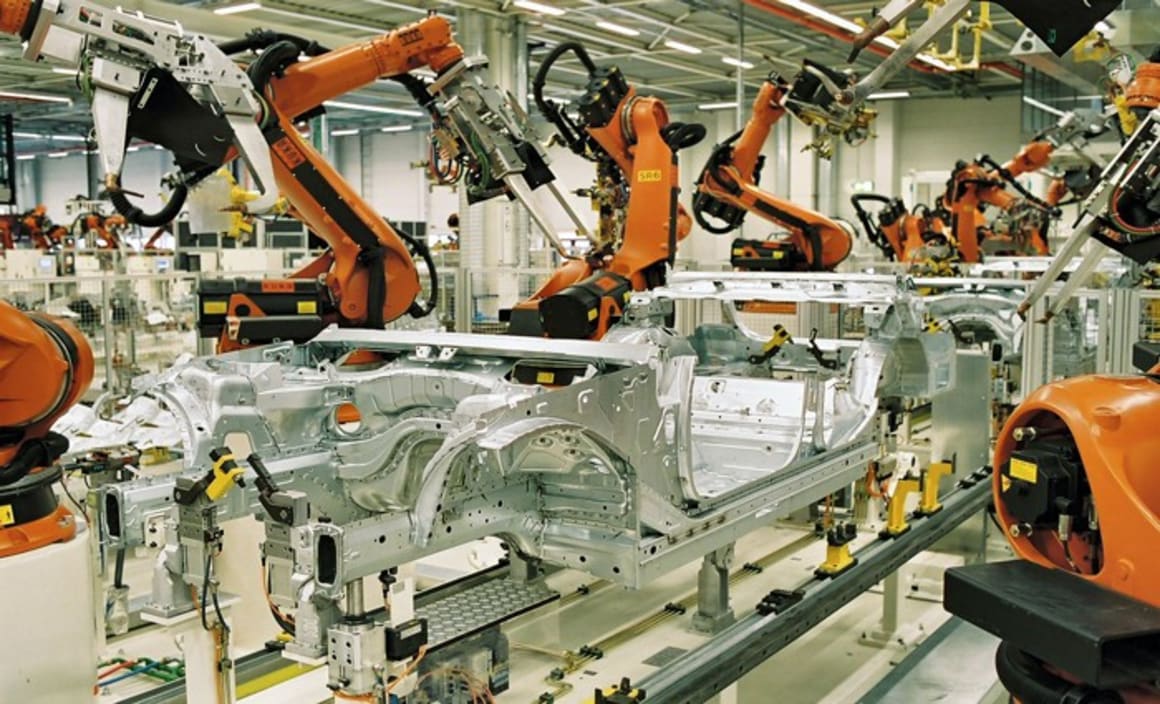Adelaide industrial property continues to be impacted by a weak local economy: HTW

Adelaide's industrial sector has been under a period of consolidation in 2015 and continues to be impacted by a generally weak local economy and reduced activity within the manufacturing sector, claims valuation firm Herron Todd White.
The HTW report cites that impending closure of General Motors Holden Plant in 2017 in particular is negatively impact upon the local manufacturing industry.
"The State Government in December 2014 announced grants to assist automotive component manufacturers previously dependent on the car manufacturing industry to diversify into alternate industries such as defence.
"The grants have done little to slow the short term impact of the transition however as at July 2015, the South Australian unemployment rate increased to 8.2% (ABS), being .06% above the May result which represented a 15 year high and well above the national average of 6%.
"By September 2015 this had reduced slightly to 7.7% but South Australia remains the highest State or Territory in the country with Queensland the second highest at 6.3%," the report said.
Adding to the lack of confidence in the South Australian economy and the manufacturing sector in particular, has been the continued debate over the construction of Australian Defence Force submarines, the month in review noted.
"In early 2015 Prime Minister Tony Abbott announced that the circa $50 billion contract is to be decided via a competitive evaluation process with manufacturers from France, Germany and Japan in contention for the contract.
"Submarines have previously been constructed by the Australian Submarine Corporation (ASC) within its $120 million facility in Osborne.
"In September 2015 the Government confirmed that all three potential offshore manufacturers would include local construction in satisfying the contract."
The report said the detail remains unclear and the evaluation process for the tender is not expected to conclude until the end of 2015.
It also added that in light of the above economic climate, industrial sales activity has continued to be subdued with the most activity occurring within the $3 million to sub $5 million markets which are dominated by owner- occupiers and private investors.
"There are reports that institutional investors are continuing to show interest in Super Prime asset classes within South Australia due to the higher than national average returns on offer.
"However this is not yet translating into a shift in market sentiment in the lower sub markets."
In general investment activity has been weak with prime rents and values either reducing or holding, the HTW report states.
"Falling construction rate has meant a limit in the availability of prime asset classes and reduced rental returns makes the construction of new buildings less viable.
"The impact has therefore seen a continued divide between prime and secondary stock which may be facing obsolescence issues in the current market."
The report concludes by indicating that the supermarket company Aldi is going against the trend however and is due to open its' first stores in early 2016.
The Regency Park distribution centre is also nearing completion which began construction in late 2014 comprising nearly 33,000 square metres of office warehouse accommodation at a reported cost of $70 million.